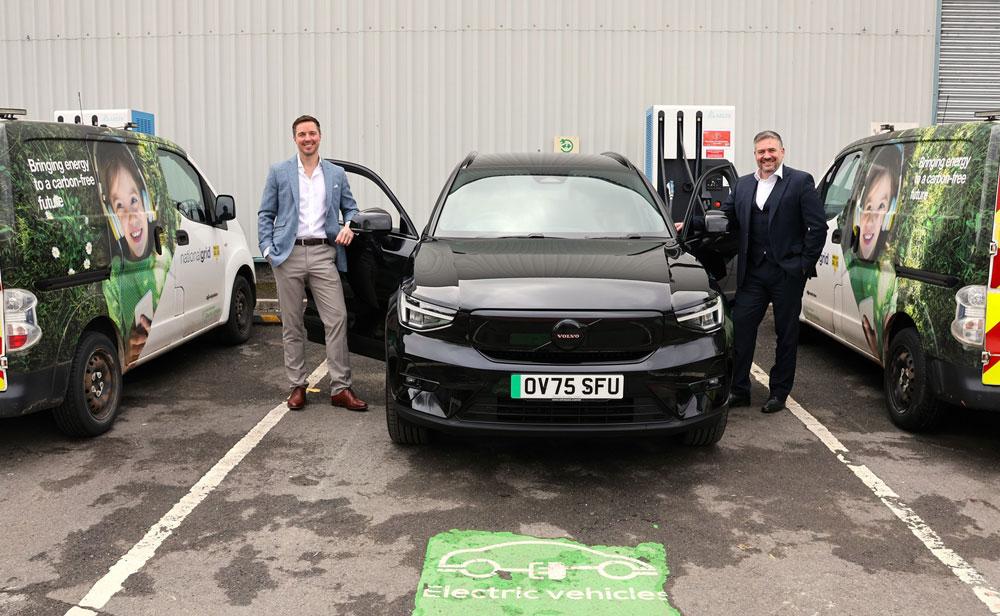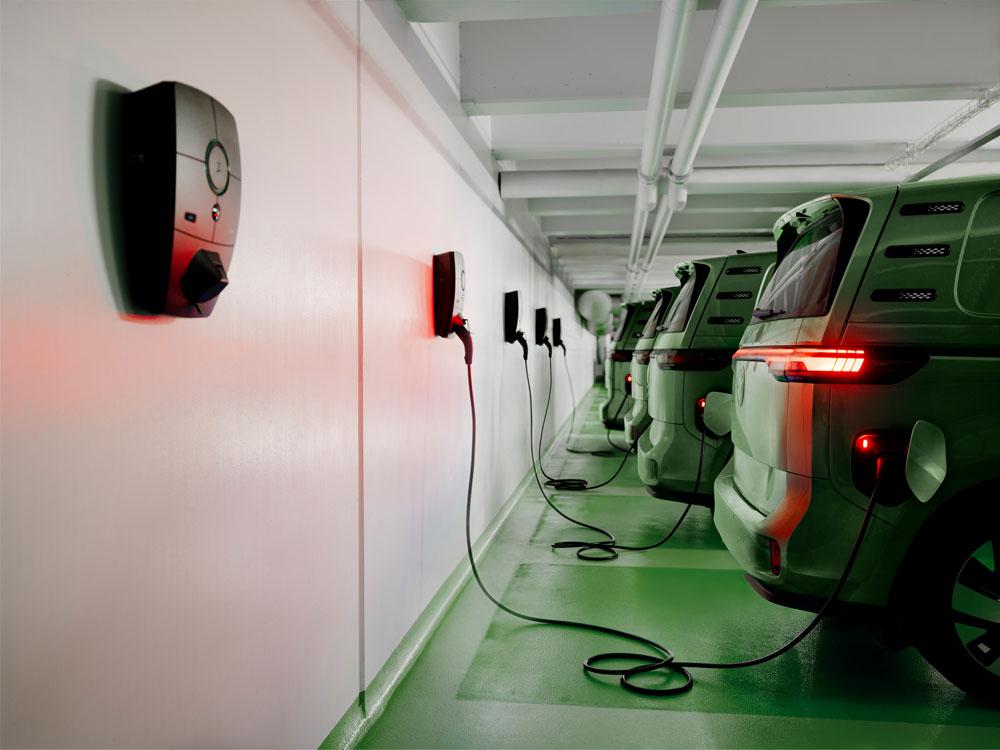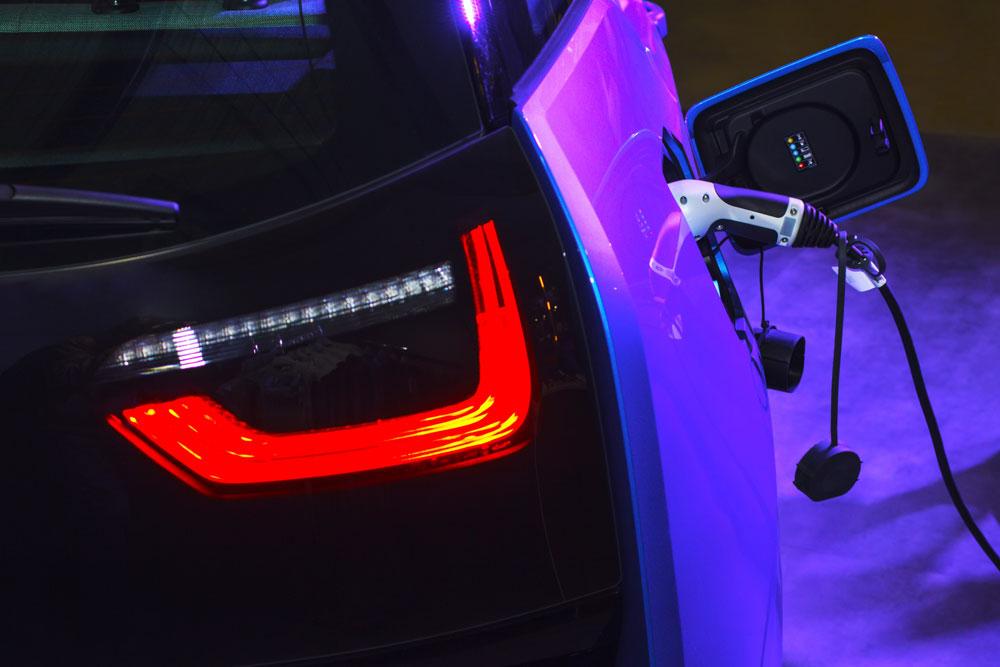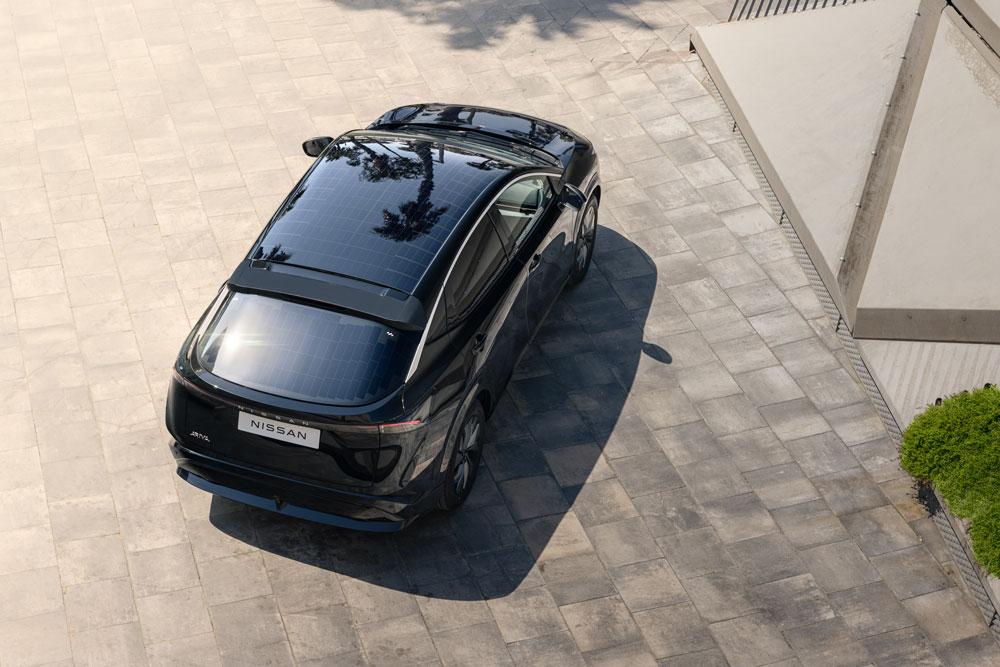The UK has been ranked the 5th best-prepared market in the world for the Electric Vehicle (EV) transition despite intensifying challenges around supply and regulation, according to Ernst & Young’s latest EV Country Readiness Index.
China is still ranked number one, while Norway remains second. The US has climbed four places to third, and Sweden has slipped one place into fourth.
The UK’s rankings for supply (7th to 8th) and regulation (3rd to 4th) both fell by one place year-on-year, but the nation’s overall ranking remains unchanged from last year thanks to significant demand for new EVs and the impending 2030 ban on the sale of new Internal Combustion Engine (ICE) vehicles.
Despite the UK’s rankings falling in two of the three key criteria, the nation’s EV penetration – BEV and PHEV sales as a percentage of total light vehicle sales – is expected to rise to 26% in 2023, up from 21% last year and well above the average across all 20 markets (19%). However, this figure remains a long way behind the frontrunners Norway, who are forecast to see 81% EV penetration this year, with Sweden (53%) ranked second and Netherlands (35%) third.
Seventy-one per cent of new vehicles launched between 2023 and 2027 in the UK are expected to be EVs, up from 60% in 2022.
Maria Bengtsson, EY’s UK Electric Vehicle Lead, said: “It’s encouraging that the UK remains one of the frontrunners in pursuit of an effective transition towards EV adoption, but there is still scope for significant improvement. As the clear global leader according to the Index, China has demonstrated the impact that appropriate regulation along with a localised supply chain and robust infrastructure implementation can have. There are lessons to be learned from that for the UK market, and the onus will continue to be on Original Equipment Manufacturers (OEMs) and the Government to collaborate on this challenge going forward.
“Potential delays to and a lack of clarity on the Zero Emissions Vehicle (ZEV) Mandate, along with uncertainty around plans and progress on the supply side are particular challenges the UK continues to navigate, while regulatory incentives have room for improvement, particularly when compared with legislation brought about in other competing markets. In the US, for example, the Inflation Reduction Act has contributed to the country climbing four places into third within the Index’s rankings. However, there are positives to take into account, including recent encouraging sales growth, particularly for new EVs, driven by increasing popularity among consumers and businesses.”
Fifty-five per cent of global EV production is expected to come from China in 2023, making it the global leader by far. The US is ranked second with an expected 11%, with Germany (10%) third. Meanwhile, the UK is expected to account for less than 1% of global EV production this year.
Positively, the UK is aiming to increase its battery production capacity to 41 gigawatt hours (GWh) by 2027, up significantly from 2GWh in 2022, enabling the nation to compete more meaningfully on a global scale. Among other infrastructure improvements, as of August 2023, it has been reported that there were 48,450 public charge points in the UK, up 42% year-on-year.
Despite these bright spots, a marked challenge for the UK’s EV transition prospects is a lack of fast charging infrastructure. Although the sizes of the two markets are vastly different, the fact that China accounted for nearly 90% of global fast-charging stock in 2022, with the UK only accounting for 0.8%, highlights the magnitude of the challenge.







